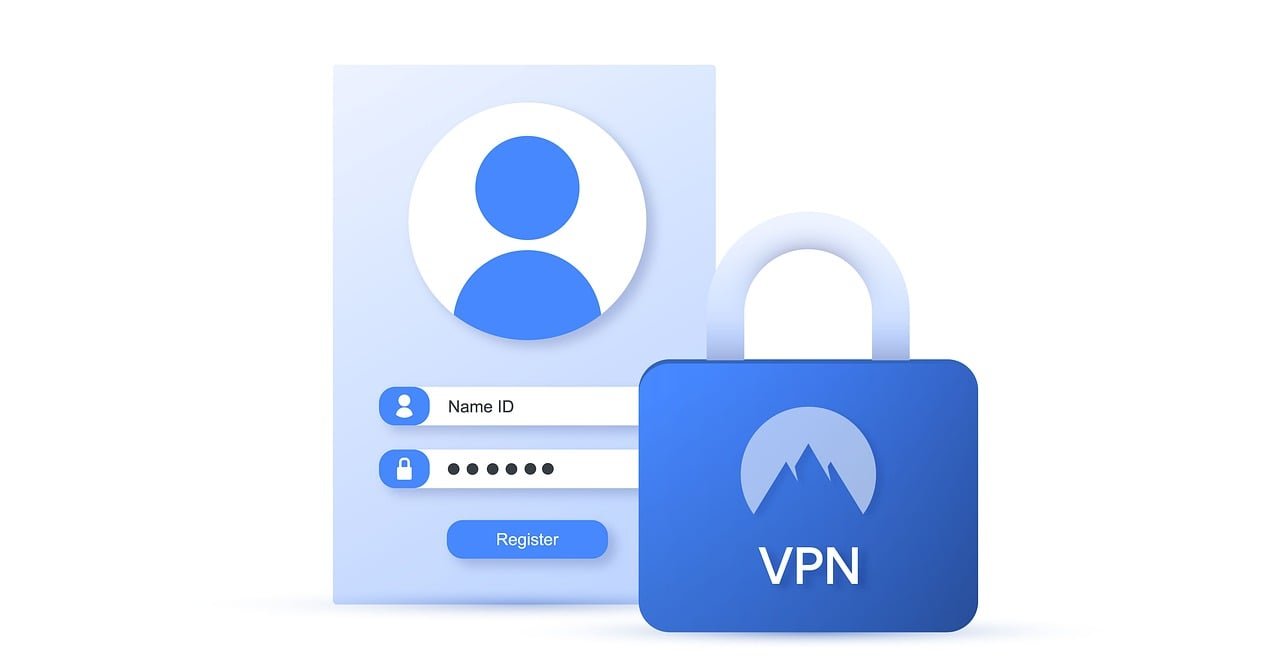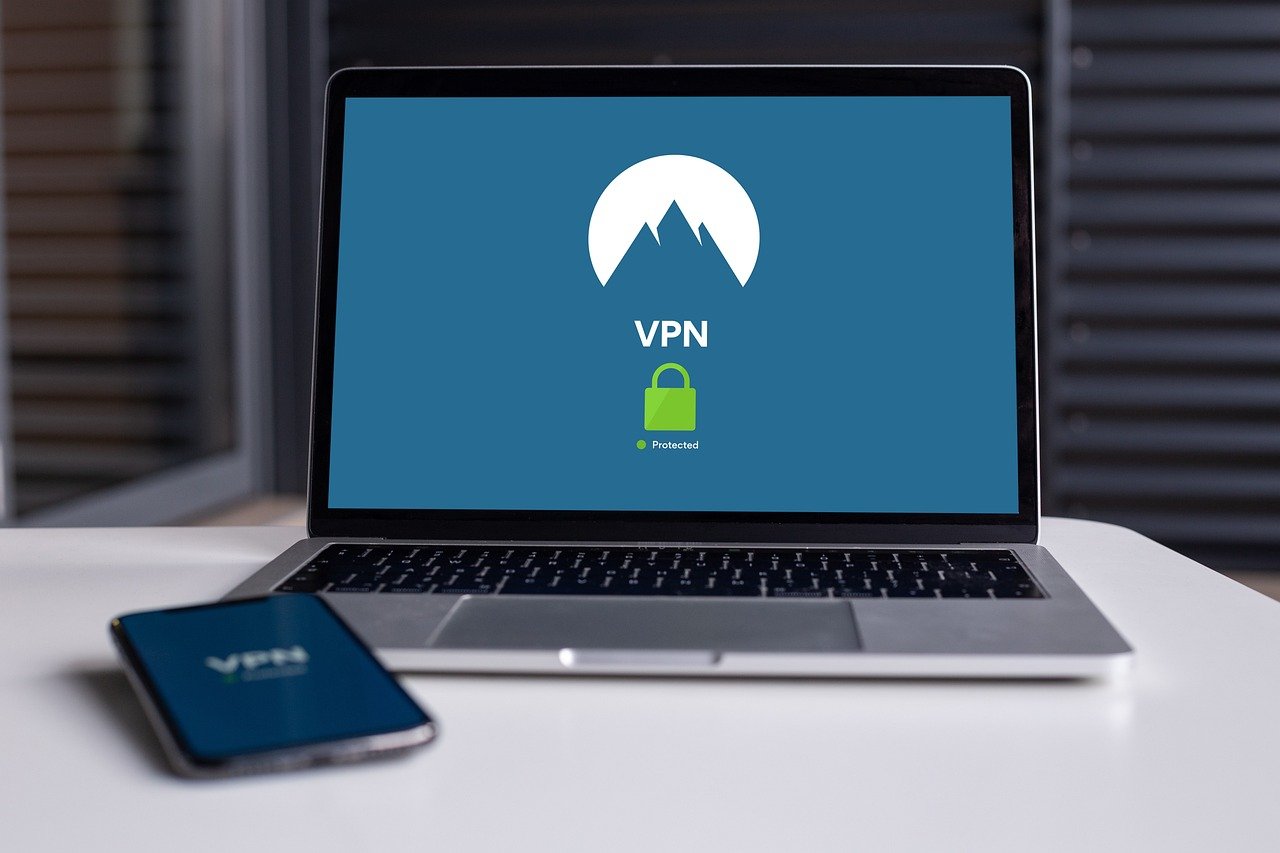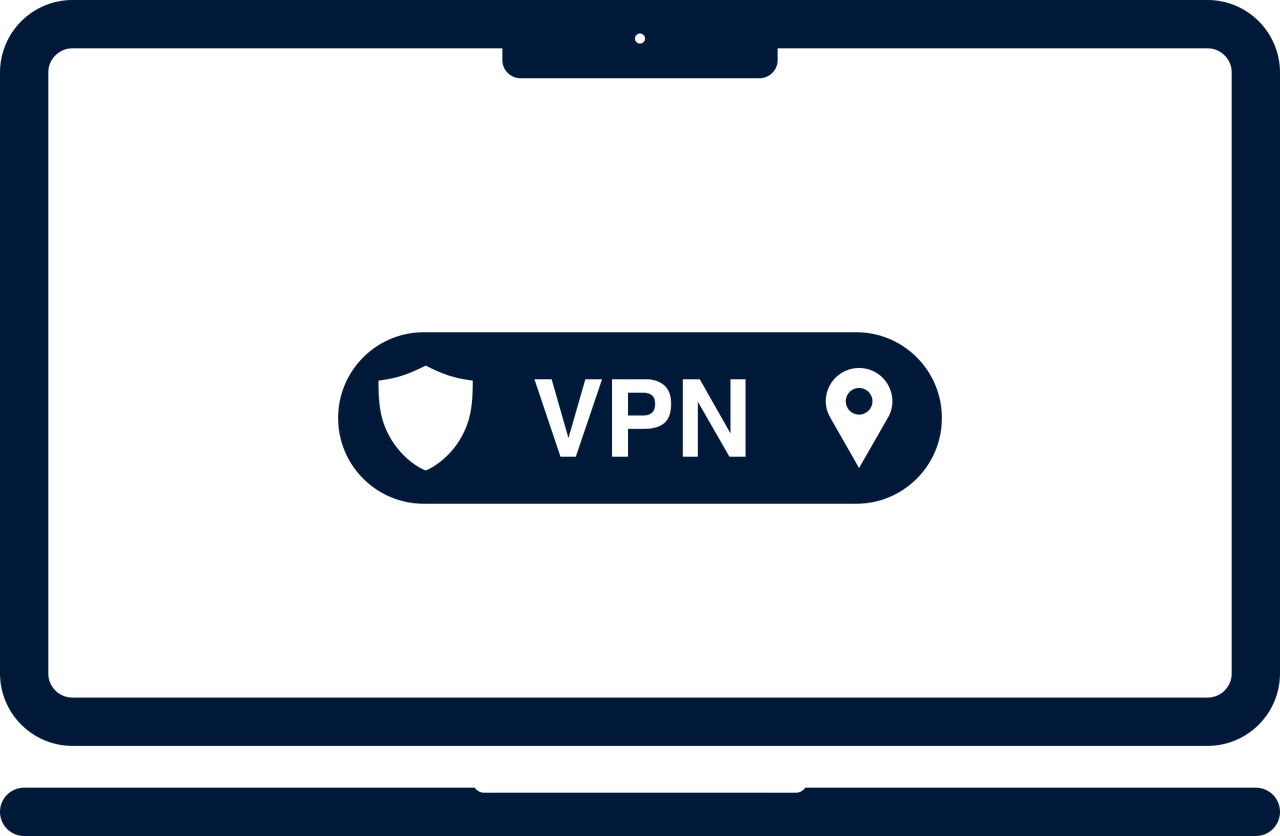Have you ever wondered about the legality of trading with a VPN? It’s a question that often comes up, especially with the increasing awareness of online privacy and security. Let’s take a closer look at this subject, breaking down the intricacies of VPN usage and trading laws to help you understand whether or not it’s a risk to trade while connected to a VPN.

Learn More About Trading With A VPN
Understanding VPNs: What Are They?
A Virtual Private Network (VPN) is a service that creates a secure connection over the internet. By routing your internet traffic through a server located in another place, it masks your IP address and encrypts your data. This can help protect your privacy and allow you to access content that might be restricted in your location.
How Do VPNs Work?
When you connect to a VPN, your internet traffic is sent through an encrypted tunnel to a server operated by the VPN provider. Here, your data is decrypted and then routed to its final destination on the internet. This process serves not just to protect your data, but also to allow you to appear as if you’re accessing the internet from the VPN server’s location, which can sometimes let you bypass geographical restrictions.
Why Do People Use VPNs for Trading?
Many individuals turn to VPNs for various reasons while trading. They might want to protect their sensitive financial information, avoid regional restrictions on trading platforms, or enhance their online privacy. However, while there are clear benefits, you should be aware of the potential legal implications of trading under a VPN.
The Legality of Trading with a VPN
So, is it illegal to trade with a VPN? The answer isn’t straightforward; it largely depends on the jurisdiction you’re in and the regulations of the trading platform you’re using.
Jurisdiction Matters
Different countries have different laws regarding the use of VPNs and online trading. In some jurisdictions, using a VPN for trading might be entirely legal, while in others, it could place you in violation of local laws.
| Country | Use of VPN for Trading | Notes |
|---|---|---|
| United States | Legal with restrictions | Must comply with trading platform rules |
| United Kingdom | Legal | Adhere to FCA regulations |
| Canada | Legal with restrictions | Follow provincial regulations |
| China | Illegal | VPNs heavily regulated |
| Russia | Legal with restrictions | Must use approved services |
Make sure you familiarize yourself with the laws in your specific country before deciding to use a VPN for trading.
Trading Platform Policies
Even if using a VPN is legal in your country, you should also consider the policies of the trading platforms you wish to use. Many platforms have terms of service that explicitly prohibit VPN usage. If you violate these terms, you risk having your account frozen or even permanently banned.
| Trading Platform | VPN Policy | Potential Consequence |
|---|---|---|
| Forex.com | Prohibited | Account suspension |
| Binance | Restricted | Account closure |
| E*TRADE | Not specified but discouraged | Possible termination of services |
| TD Ameritrade | Not specified | Warning or account restrictions |
Before choosing to use a VPN, read the terms and conditions of your trading platform carefully to ensure compliance.

Discover The Legality Of VPN Trading
Risks of Trading with a VPN
While the allure of increased privacy and access to restricted markets is tempting, trading with a VPN can carry several risks.
Data Breaches
One significant risk is data security. Not all VPNs are created equal—some may log your data or even sell it to third parties. Choosing a trustworthy VPN provider is crucial, as compromised data can lead to significant financial repercussions.
Account Suspension
If you trade using a VPN and your platform detects that you are doing so, you could face account suspension. If you’re operating under a pseudonym by using a VPN, traders may find that their accounts are flagged for suspicious activity, leading to limitations on accessing funds and executing trades.
Legal Repercussions
Depending on where you live, trading with a VPN may even lead to legal troubles. If your platform prohibits VPN use and you’re caught, you may be held accountable for breaching their rules. Be prepared for possible fines or other legal penalties depending on your jurisdiction’s laws.
Pros and Cons of Trading with a VPN
Trading with a VPN has its advantages and disadvantages. Here’s a quick summary to help you weigh your options:
| Pros | Cons |
|---|---|
| Enhanced privacy and security | Potential account suspension |
| Access to restricted markets | Risk of data breaches |
| Bypassing geographical limitations | Legal repercussions in some jurisdictions |

Choosing the Right VPN for Trading
If you decide to proceed with trading using a VPN, it’s essential to select the right service. Here are some factors to consider:
Reputation and Trustworthiness
Choose a provider that has a strong reputation for security and user privacy. Look for services that have undergone independent audits to confirm their privacy policies.
No-Log Policies
Opt for a VPN with a strict no-logs policy. This means the provider doesn’t keep records of your online activity, which is crucial for maintaining your privacy.
Speed and Connection Stability
A stable and fast connection is essential for trading. Look for a VPN that offers servers optimized for speed and has a reputation for consistent performance.
Customer Support
Reliable customer support can save you a lot of headaches if you encounter issues. Look for a VPN provider that offers 24/7 assistance and various ways to reach them.
Ethical Considerations of Trading with a VPN
Beyond legality, there are ethical considerations to think about when trading with a VPN. Some people argue that using a VPN to bypass restrictions is unethical, especially if the intent is to exploit loopholes in regulations.
Transparency with Trading Platforms
Maintaining transparency with your trading platform is important. Many platforms are designed to protect their users and the integrity of the financial system. If using a VPN puts that at risk, it may not be the best choice.
Implications for Other Traders
Keep in mind that your actions can impact other traders as well. If everyone began circumventing rules by using VPNs, it could undermine the market and lead to increased scrutiny from regulatory bodies on all traders, resulting in a more restrictive trading environment.

Conclusion: Is Trading with a VPN Right for You?
In conclusion, whether or not you should trade with a VPN largely depends on your specific situation. Assess the laws in your jurisdiction, the regulations of your chosen trading platform, and the potential risks involved.
Using a VPN can offer significant benefits for privacy and access, but it’s essential to weigh those benefits against the potential pitfalls. Always prioritize compliance with the law and your trading platform’s terms and conditions to avoid any outcomes that could jeopardize your trading endeavors.
Ultimately, informed decisions lead to better trading experiences, and ensuring that your actions are both legal and ethical will help you thrive in the trading landscape.